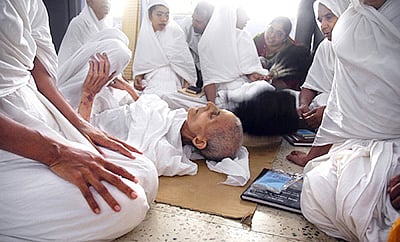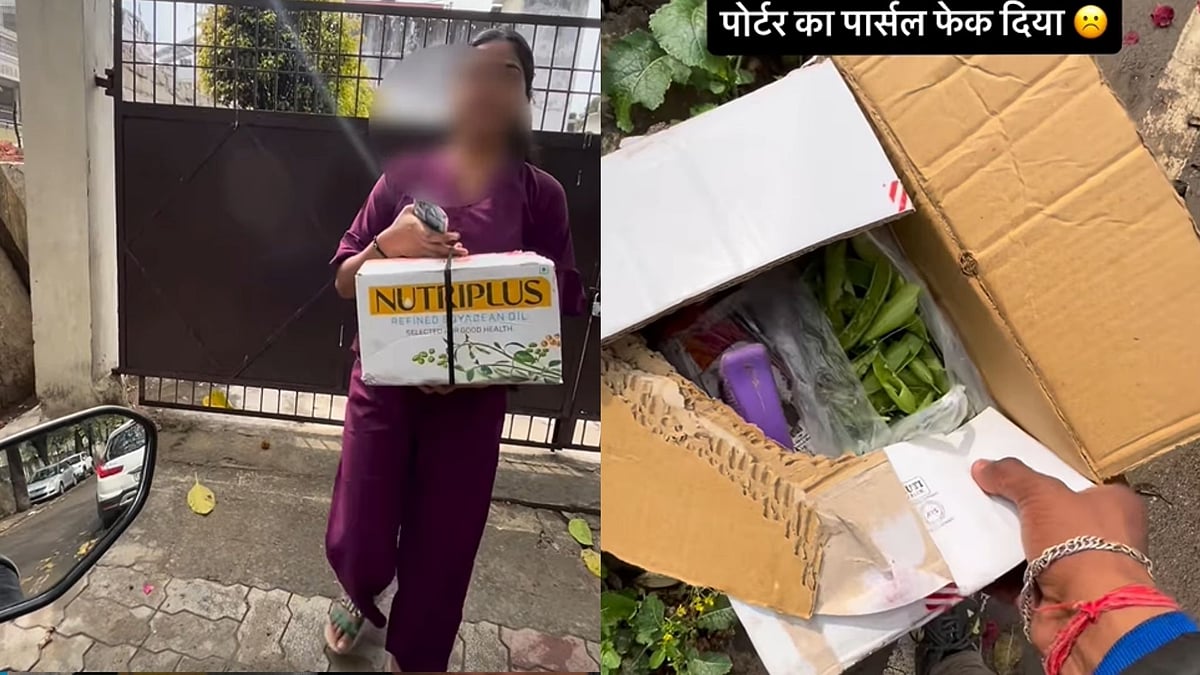Puts age-old custom under category of suicide; Jains protest
Jaipur : In a historic order, the Rajasthan High Court on Monday banned the old Jain starvation rituals and termed it as a “ritual punishable under section 306 of the Indian Penal Code (abetment of suicide)”, thus putting it under the category of suicide.
A division bench of the High Court headed by Chief Justice Sunil Ambawani and V S Siradhana following a Public Interest Litigation filed by human rights activist Nikhil Soni a decade ago, claiming that the ritual, called ‘Santhara’, is a social evil that should be considered to be the same as suicide.
“Santhara or fast unto death is not an essential tenet of Jainism,” the court said.
Soni’s lawyer had said ‘Santhara’, which is a fast unto death by giving up food and water, is in violation of the right to life. If euthanasia is not allowed, the practice of sati is banned and suicide is illegal, ‘Santhara’ cannot be allowed either.
The Jain community’s lawyers had argued that ‘Santhara’ is a spiritual practice since time immemorial that the court must not interfere with.
‘Santhara’ is also known as ‘Sallekhana vruta’, under which a person facing death gives up medicine, food and water and waits for death to engulf him. This practice of ‘Santhara’ is termed as the ultimate “tapasya” among the Jains and on an average, 200 to 250 persons, particularly those who are terminally ill, take this course in Maharashtra, Gujarat, Rajasthan, Tamil Nadu, Karnataka, Madhya Pradesh and West Bengal.
The century-old practice of ‘Santhara’ has been in the eye of a storm since 2006, when the case of 93-year-old Keila Devi Hirawat from Jaipur had the world media’s attention.
Soni and his lawyer, Madhav Mishra, filed a PIL in the Rajasthan High Court claiming that ‘Santhara’ was a social evil and should be considered to be the same as suicide under Indian law. One of the concerns raised in the petition was that it is old people who usually resort to santhara, and allowing an elderly person to suffer without medical assistance, food and water is inhuman.
Jains, however, argue that it is a voluntary act of rational thinking and marks the beginning of a journey of understanding the inherently painful and flawed nature of earthly existence. For millions of Jains in India, the PIL was a direct violation of the Indian Constitution’s guarantee of religious freedom.
Prakash Bhandari









